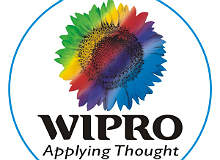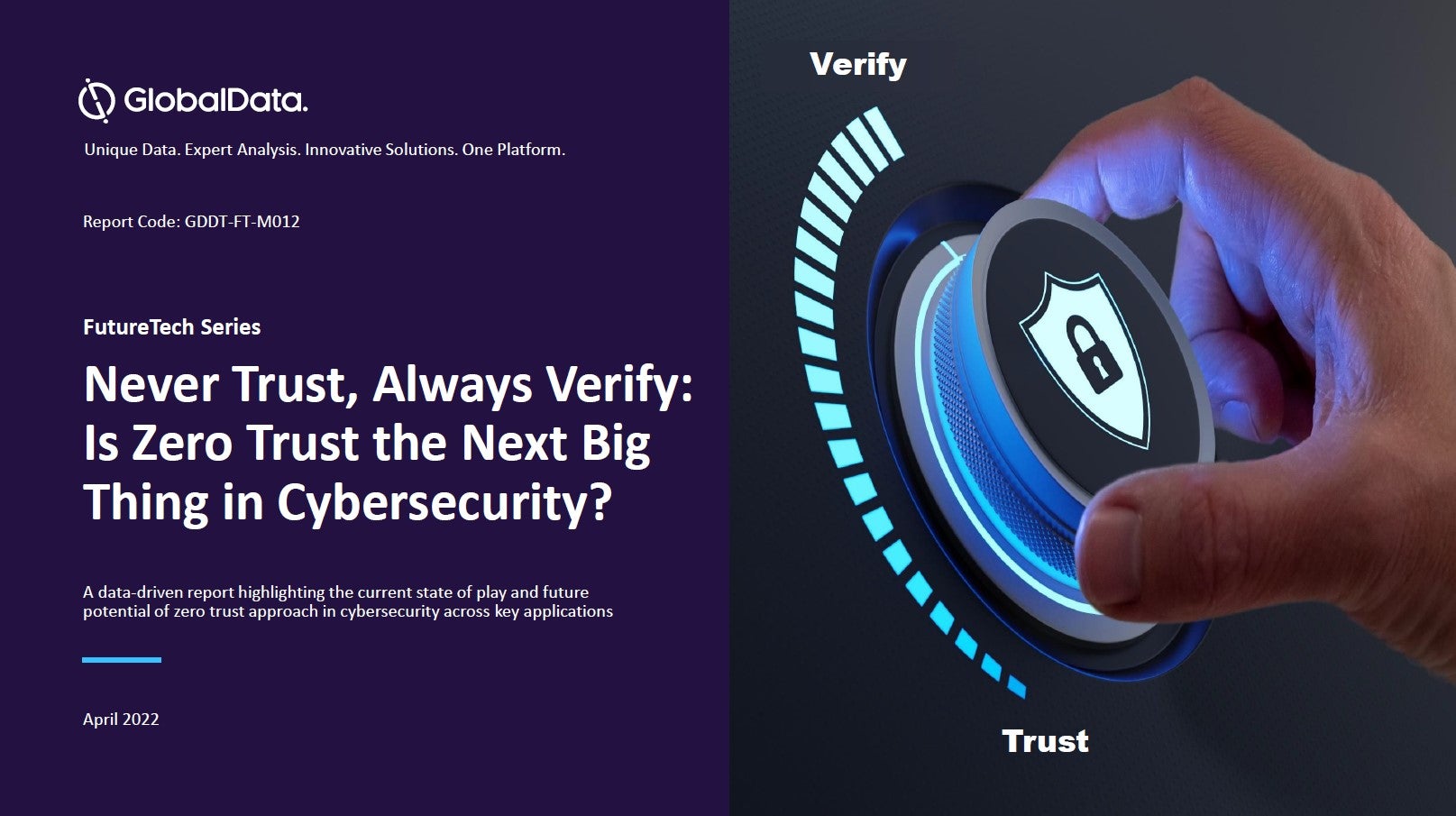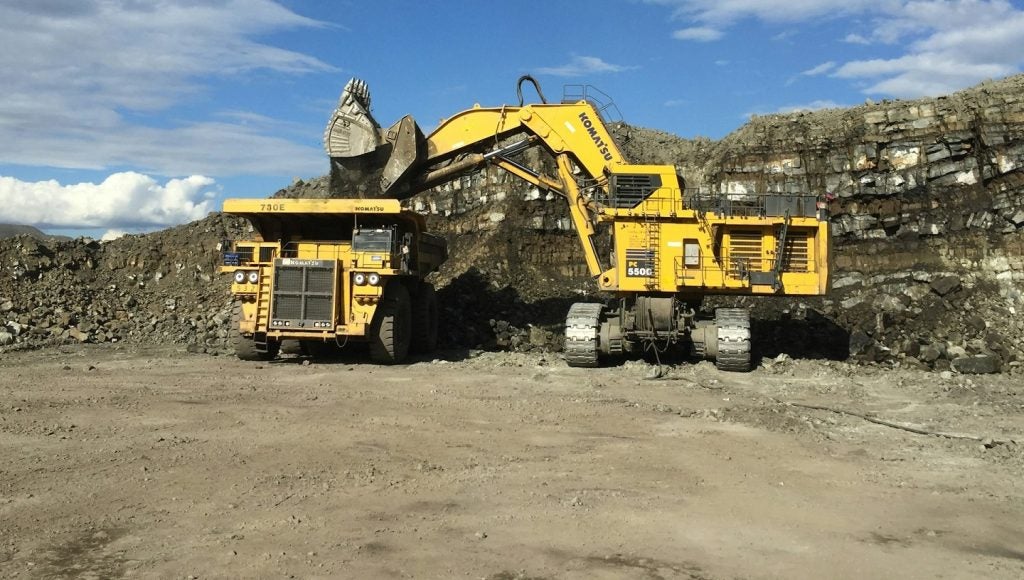
The mining industry hasn’t escaped the world’s fascination with everything digital. In fact, companies are increasingly moving away from traditional practices and embracing digital solutions as they they look to sophisticate their business model and working methods to improve output and avoid costly mistakes.
Companies are doing this with good reason, too, as there can be many advantages in employing digital solutions, including improved safety, planning and the need for fewer employees on the ground. Wipro’s vice president, Kenneth Matthews, tells us why he believes all mining companies will benefit from embracing the digital mining revolution.
What digital mining solutions does Wipro offer?
Kenneth Matthews: Wipro Technologies is a market leader in consulting, BPO, IT applications and IT infrastructure services.
In addition to this very significant capability, our investment strategy is centred on industry specific skills and solutions to ensure that the solutions and services we offer in an ever-changing market are relevant.
How well do you really know your competitors?
Access the most comprehensive Company Profiles on the market, powered by GlobalData. Save hours of research. Gain competitive edge.

Thank you!
Your download email will arrive shortly
Not ready to buy yet? Download a free sample
We are confident about the unique quality of our Company Profiles. However, we want you to make the most beneficial decision for your business, so we offer a free sample that you can download by submitting the below form
By GlobalDataSee Also:
Current services include the traditional BPO and ITO offerings as we still see a lot of clients calling for these services.
Increasingly, we see clients moving up the maturity curve and starting to focus on consolidating systems and services across the MES (mining execution systems) layer and moving towards centralising where possible and leveraging proven solutions from industries such as oil and gas who have been at the forefront of deploying remote operations centres.
How do these work exactly?
KM: Wipro’s point of view is that the mining industry is entering a revolutionary era and during the next decade, successful mining companies will need to transform themselves into digital mining enterprises.
This will present a significant challenge to the industry as it will disrupt the traditional business models and cultures that have been established over many decades of experience.
Our investment in the mining domain expertise is now packaging our market leading offerings mentioned above into a blueprint for a digital mining enterprise, to help clients transform from their current mode of operations to this new era, mapping the capabilities they will require in order to succeed in future.
Wipro advocates an approach that we have called ‘Digital Mining by Design’ as it is our belief that these solutions cannot simply be deployed by the IT department in isolation but that the core business needs to discuss and understand the implications of this revolution.
How, in particular, can Wipro’s digital solutions aid planning and improve safety in the mining industry?
KM: Wipro has significant global experience in deploying remote operation centres for some of the world’s largest oil and gas companies. Our proven solution, called a ‘Collaborative Decision Environment’, is one of the cornerstones of the digital mining enterprise.
The collaborative decision environment is a facility that enables an integrated view of the mine plan and operations, leading to early identification and rectification of any bottlenecks across the value chain. As we all know, a move to remote operations also reduces the need for people to be onsite which, in itself, takes them out of harm’s way.
In what ways can Wipro tailor services for a client?
KM: All clients and client scenarios are different; consequently all services will require some level of customisation to match customer needs.
More specifically, when dealing with products, we tend to try and stick to ‘vanilla’ implementations whenever possible. This reduces risk and cost for client while maximising future supportability.
Does Wipro have digital mining solutions that can be used in the event of mine collapse?
KM: Wipro’s ‘Spidernet’ solution is a next generation safety solution that is able to expand upon and integrate existing investments into a holistic ‘Personnel Safety and Security System’ that can be monitored and managed remotely.
Spidernet integrates card access, CCTV, vehicle tracking and real-time personnel location tracking systems, allowing a mining company to control, monitor and communicate with onsite personnel.
In the event of a mine collapse, communications allow personnel to activate ‘man down’ alarms, and for companies to quickly report on who is safe and who was in the mine at the time of collapse.
Real-time communications allows messages to be sent out, alerting everyone to the incident and advising them of action required.
Which mining software solution that Wipro offers is the most popular within the mining industry?
KM: This varies depending on each client’s pain point and their level of digital mining maturity. In the back office we have seen a lot of standardisation on SAP and Microsoft solutions, who happen to be two of our key global partners.
Below the ERP as you look into the MES space, the products are those related to mine planning, fleet management, laboratory, SCADA, process control and historians as a few of the examples that companies need to decide upon.
How much of the international mining community has embraced the ‘digital mining revolution’?
KM: There is a great deal of interest across the board, most customers understand the benefits and know that the evolution is inevitable.
While the subject has been popular for some years, recent advances mean the services and solutions discussed are increasingly viable.
We are cautious however, as we see risk in implementing if the customer views the ‘digital mine’ as simply the implementation of technology.
We believe the ‘digital mine’ must force a rethink on the entire mining operation and management approach. The operating model of mining has not changed significantly in many years; we believe that the change must be viewed as an organisational, step change.
Which countries are embracing it the most?
KM: We’ve seen interest from all regions, notably Australia. In general, the regions that experience more extreme environments, either physically or from a risk perspective, have been most interested. This makes sense as accessing skills and removing staff from site are key benefits of the approach. There is also great interest in some of the start-up operations who have the advantage of starting afresh.
What is the future of mining software solutions?
KM: It simply has to consolidate. The overarching theme across the industry is to standardise and centralise where possible and to eliminate the complexity of bespoke systems and solutions that have grown up during many years.
A successful digital mining enterprise cannot be built upon a shaky foundation and we see that mining companies are now acknowledging the importance of technology to their future business.
In such a market, only the strongest software providers will survive. These providers need to continue to innovate and think about new delivery methods such as cloud and mobile devices.
They will seek to add value by converting data into meaningful information and will seek to increase productivity by automating the actions required as a result of the meaningful information. We envisage that such companies will be at the forefront of the digital mining enterprise and they will quickly capture market share and dominate.






